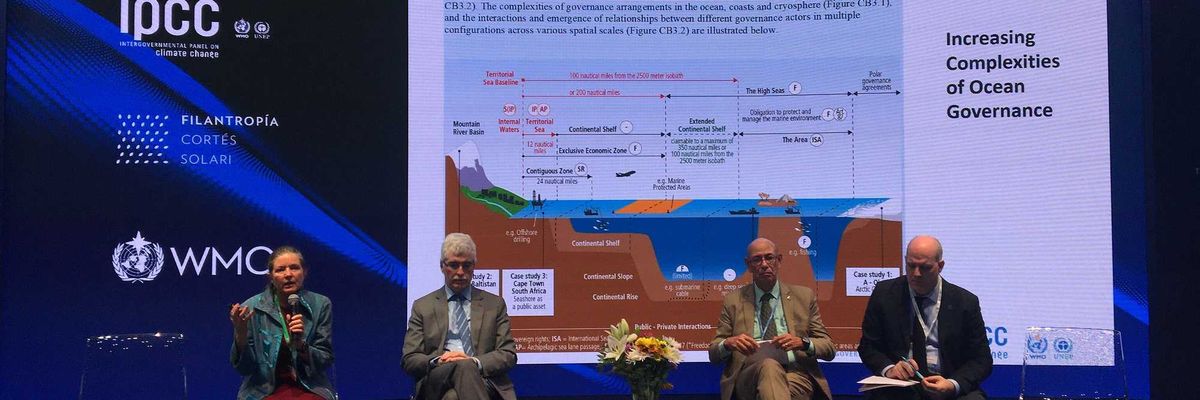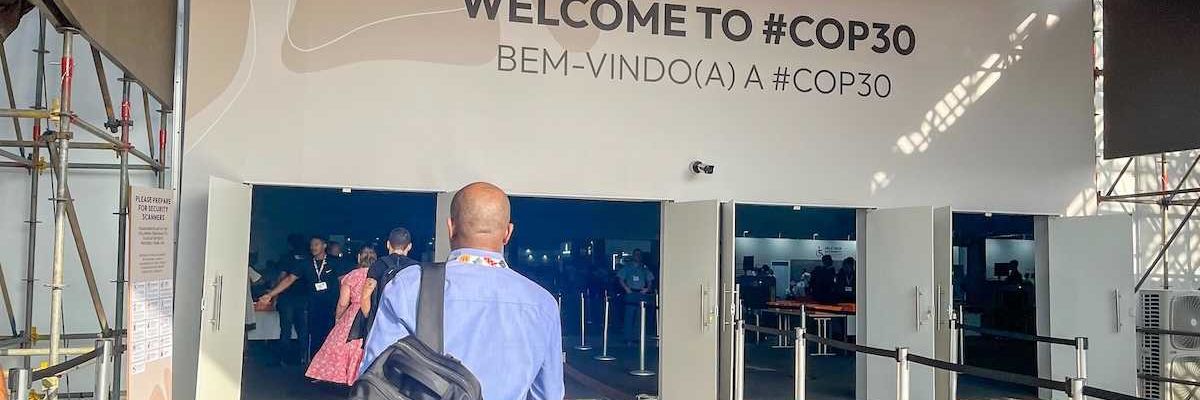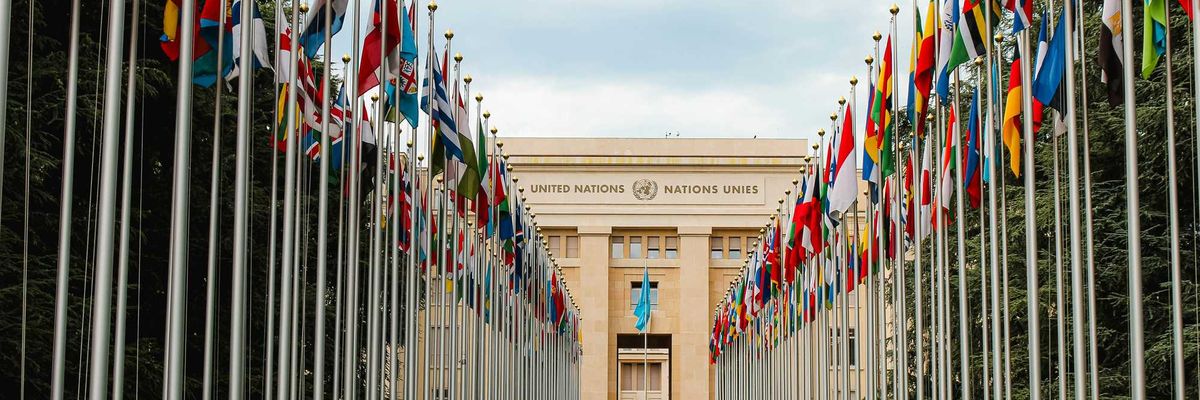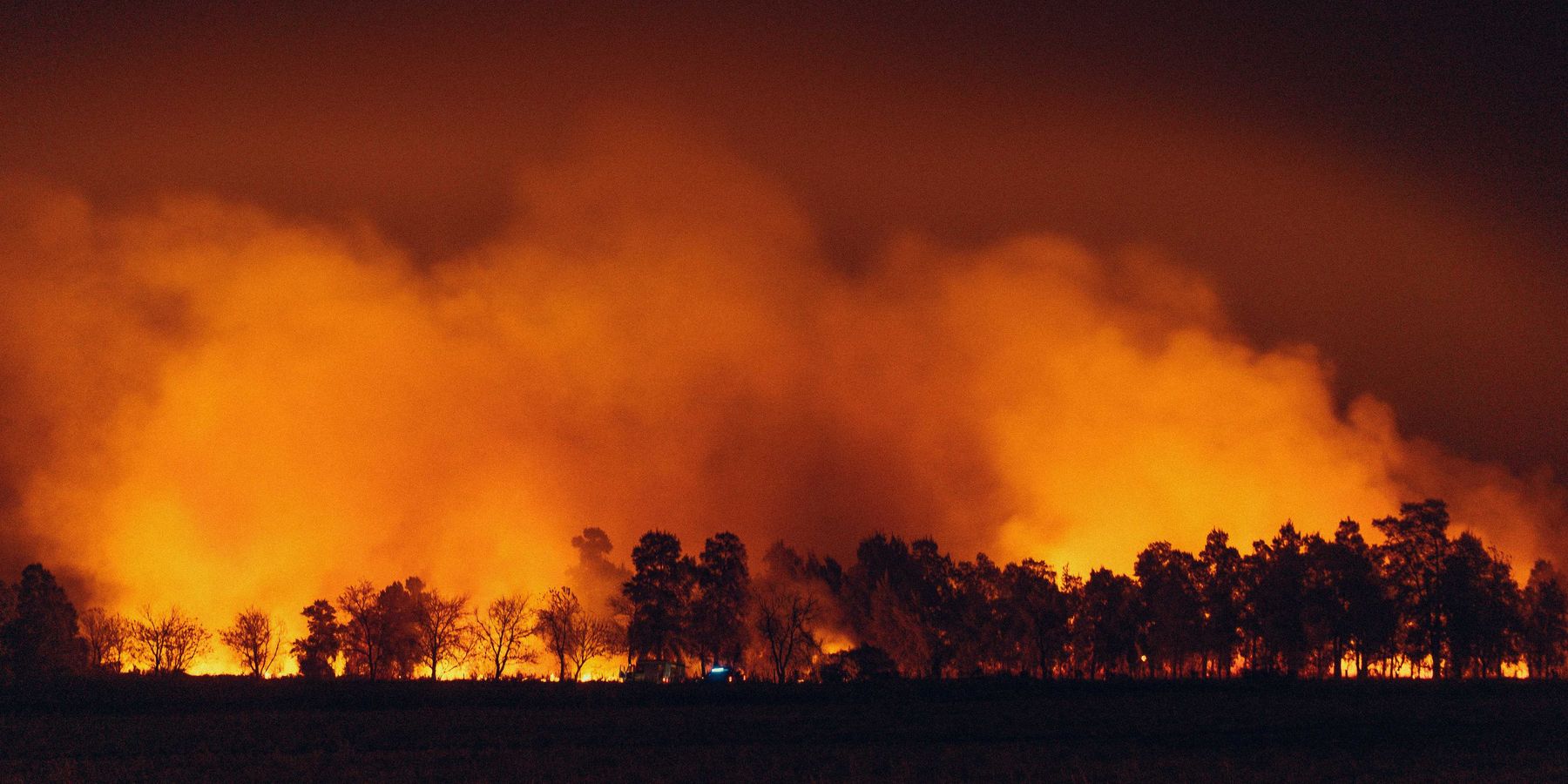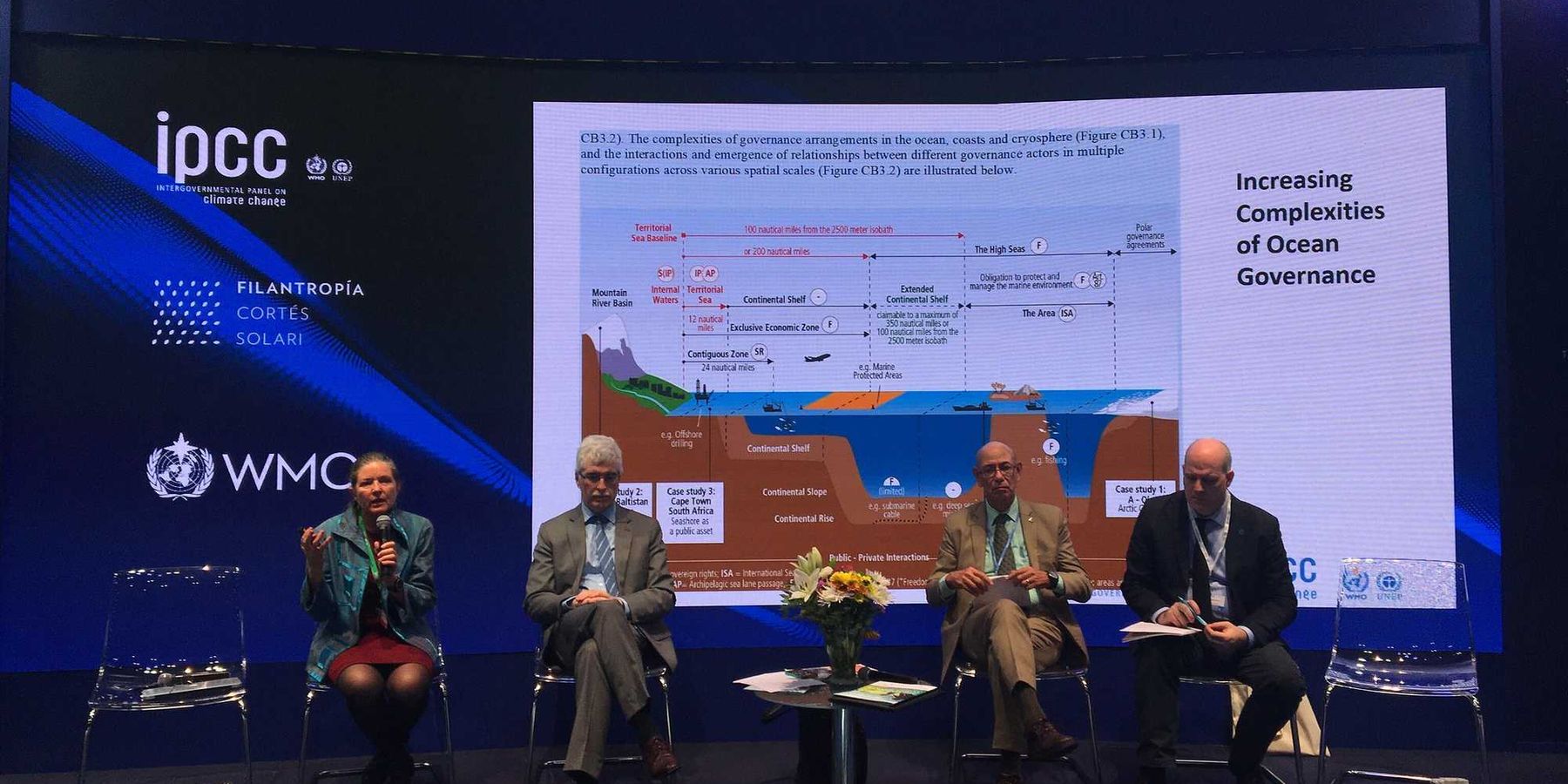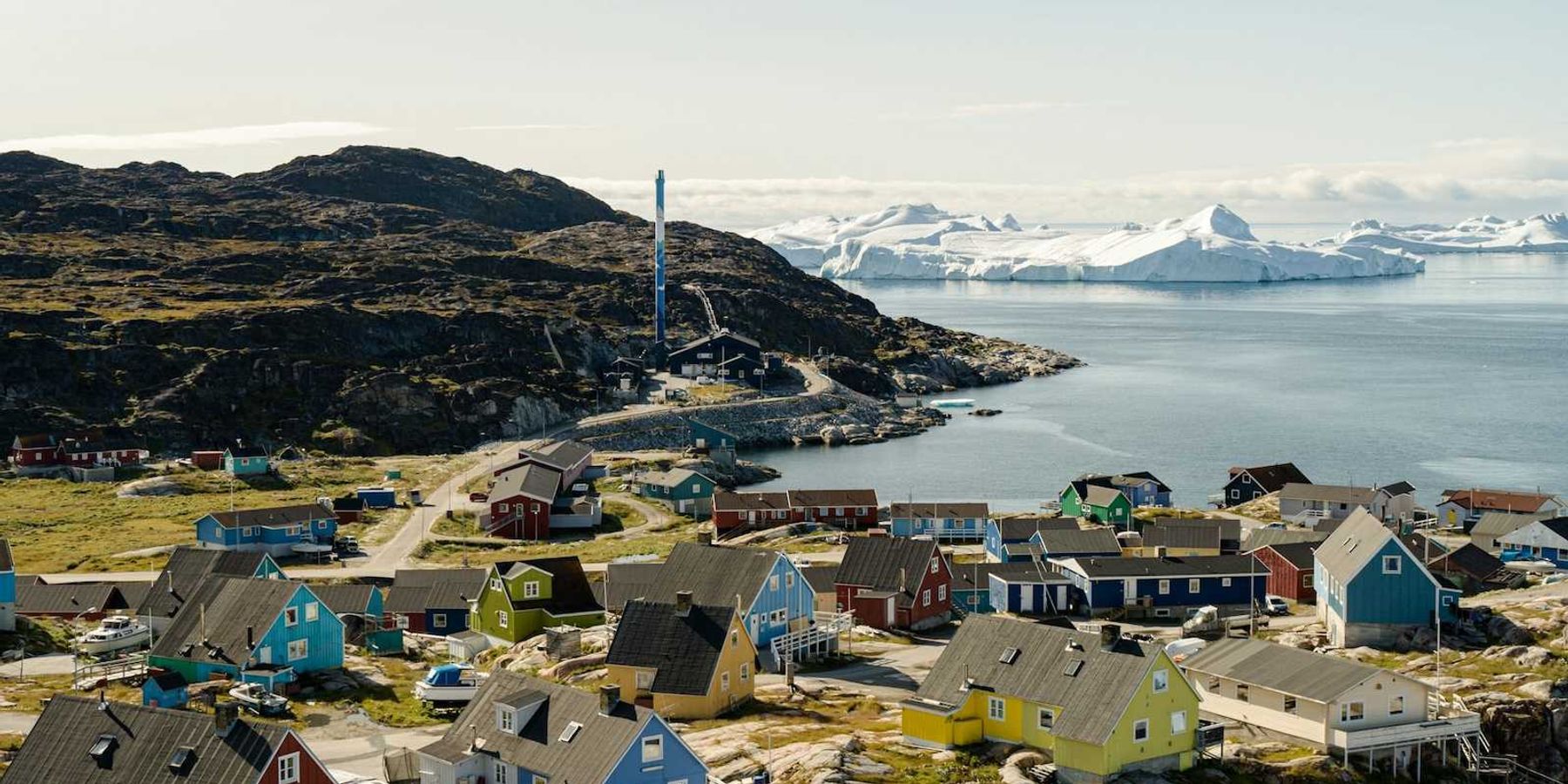new york city
The Army Corps and NYC criticized for ignoring local voices in climate resilience efforts
New York City’s environmental justice activists are frustrated by the lack of input in climate resilience projects, saying the Army Corps often focuses too much on protecting real estate and storm surge rather than broader flood risks.
In short:
- Activists say the Army Corps overlooks the specific needs of vulnerable communities when designing flood protection plans.
- Local groups argue that wealthier areas receive more attention and funding, while low-income neighborhoods are ignored.
- Some communities have developed their own climate resilience strategies, though implementation remains a challenge.
Key quote:
“Wealthy communities, when worse comes to worse, they can get themselves out of this problem on their own—they have the money to protect themselves.”
— Victoria Sanders, climate and health manager, New York City Environmental Justice Alliance
Why this matters:
Local voices are vital for creating effective, fair climate resilience plans. Without incorporating community input, flood protection efforts risk deepening existing inequalities.
Read more: Opinion: Finding climate solutions in communities instead of labs
Boston and New York take different approaches to stormwater management
Boston and New York City are addressing increasing sewer overflows caused by climate change with contrasting strategies: Boston is separating stormwater from sewage, while New York is investing in green infrastructure.
In short:
- Boston is separating its stormwater and sewage systems to reduce overflow into waterways.
- New York City is implementing green infrastructure like rain gardens and storage tanks to manage stormwater.
- Both cities face high costs and complex logistics in upgrading their aging infrastructure.
Key quote:
“You need the infrastructure to move that 5 inches of water out. And that isn't done by any green infrastructure, that is pipes.”
— John Sullivan, chief engineer, Boston Water and Sewer Commission
Why this matters:
Rising sea levels and intense rainfall due to climate change are overwhelming urban sewer systems, leading to pollution and public health risks. As cities struggle to fund infrastructure improvements, outdated systems pose increasing threats to communities.
Related EHN coverage:
Many New York City neighborhoods face high heat vulnerability this summer
As New York City braces for another hot summer, 80 neighborhoods are identified as highly vulnerable to heat, with many of these areas being low-income communities or communities of color.
In short:
- A new Heat Vulnerability Index ranks 80 NYC neighborhoods as highly susceptible to heat, with 60-70% of residents from low-income or communities of color.
- Black residents are twice as likely to die from heat stress compared to White residents and have less access to air conditioning.
- Projections indicate a sharp increase in the number of days over 90 degrees Fahrenheit and heat waves by the 2030s.
Key quote:
“Heat vulnerabilities are really multifaceted and alleviating the Urban Heat Island Effect is a really important part of the equation. And, we want to achieve equity of canopy and vegetation.”
— Mike Treglia, lead scientist, Nature Conservancy’s New York State Cities Program
Why this matters:
These findings underscore a harsh reality: heat doesn’t impact all New Yorkers equally. The city’s infamous urban heat islands—areas that experience higher temperatures due to dense infrastructure and limited greenery—are disproportionately located in marginalized neighborhoods. Here, residents often lack the resources to mitigate the effects of heatwaves, such as air conditioning or access to cooling centers.
New York City's compost project ends due to budget cuts
Mayor Eric Adams' budget cuts have ended New York City's 30-year-old composting program, affecting community farms, gardens, and green jobs.
In short:
- The NYC Compost Project, which began in 1993, provided compost for community farms, gardens, and street trees.
- The budget cuts have forced most composting organizations to cease operations, with only three remaining open at reduced capacity.
- More than 115 green jobs are threatened, and important community connections and green education efforts are at risk.
Key quote:
"[Volunteering with Nurture BK] made me for the first time experience a community I’ve been living in for 15 years. And Eric Adams has come by and destroyed all that for me."
— Justin Realmuto, Nurture BK volunteer
Why this matters:
The composting program, established to divert organic waste from landfills, has played a pivotal role in enriching urban soil, supporting local agriculture, and reducing the city’s carbon footprint. Community gardens and farms have particularly benefited from the nutrient-rich compost, which has fostered greener, more productive spaces in neighborhoods across the city.
Critics of the budget cuts argue that dismantling the composting program is a step backward in the fight against climate change and urban sustainability. They emphasize that the program's elimination undermines efforts to build a greener, more self-sufficient New York, highlighting the broader implications for community health and environmental justice.

